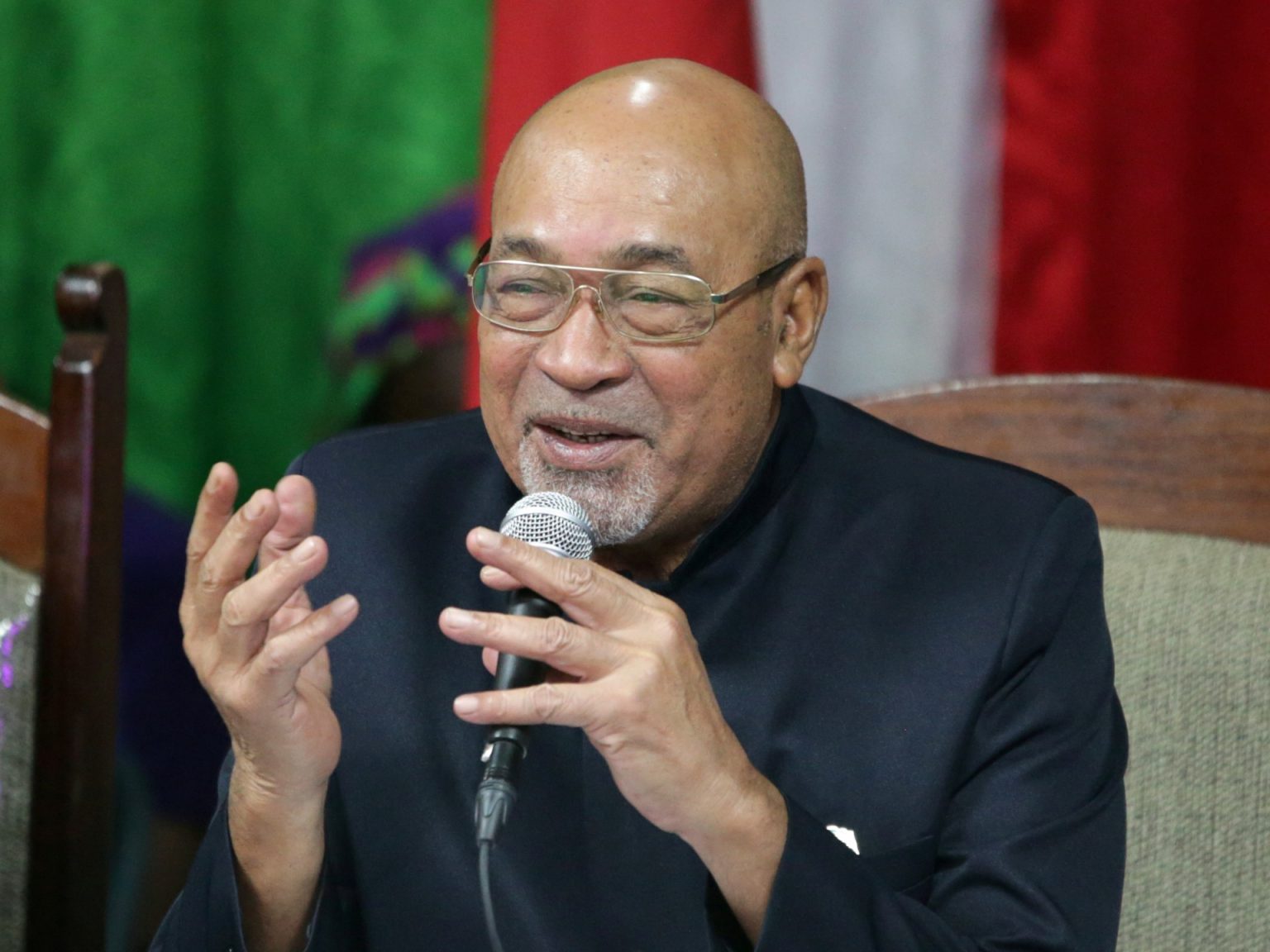Desi Bouterse, the former president of Suriname, died on Tuesday at the age of 79, leaving behind a complex and controversial legacy. His death prompted official condolences from the Surinamese government, with President Chan Santokhi expressing sympathy to Bouterse’s family while awaiting official details. Vice President Ronnie Brunswijk acknowledged Bouterse’s enduring impact on the nation. However, the circumstances surrounding his death remain unclear, with the government providing no specifics regarding the location or cause. Bouterse’s life and career were marked by stark contrasts, earning him both ardent supporters and fierce critics.
Bouterse’s political trajectory spanned several decades, beginning with a coup d’état in 1980 that propelled him to power. He dominated Surinamese politics for years, implementing populist social programs that resonated with many citizens. However, his rule was also marred by allegations of authoritarianism and human rights abuses. His charisma and appeal to the working class solidified his position, while opponents denounced his methods and accused him of consolidating power through oppressive tactics. Bouterse’s influence extended throughout Suriname’s social and political landscape, shaping the nation’s trajectory for decades.
A defining moment in Bouterse’s life and career came in 2019 when he was convicted, alongside six others, for the 1982 murders of 15 prominent government critics. These killings, known as the December Murders, targeted individuals who opposed his regime, including lawyers, journalists, union leaders, and academics. Bouterse maintained that the victims were involved in a plot to overthrow his government, a claim that remained highly contested. The convictions marked a significant turning point in Suriname’s pursuit of justice for the victims and their families, bringing a long and arduous legal process to a close.
The December Murders trial spanned 16 years, captivating the nation and drawing international attention. In December 2021, Bouterse received a 20-year prison sentence for his role in the killings. However, he evaded imprisonment and remained at large until his death. His refusal to surrender to authorities further polarized public opinion, with supporters maintaining his innocence and critics demanding accountability. The unserved sentence left a lingering sense of unresolved justice for the victims’ families and a stain on Suriname’s democratic process.
Beyond the December Murders, Bouterse faced other legal challenges. In 1999, a Dutch court convicted him in absentia of cocaine trafficking, sentencing him to 11 years in prison. Due to the lack of an extradition treaty between Suriname and the Netherlands, he never served time for this conviction. This case underscored the international dimensions of Bouterse’s activities and added another layer of complexity to his already controversial legacy. The drug trafficking conviction further tarnished his image on the world stage and highlighted the challenges faced by small nations grappling with transnational crime.
Bouterse’s death has elicited mixed reactions. While some mourn the loss of a charismatic leader, others see it as an opportunity for Suriname to move forward and reconcile with its past. His supporters gathered outside his home, expressing their grief and loyalty. However, the nation remains divided over his legacy, with many remembering him as a dictator responsible for gross human rights violations. His death marks the end of an era in Surinamese politics and opens a new chapter in the nation’s journey towards healing and reconciliation. The complexities of Bouterse’s life and career ensure that his legacy will continue to be debated and reinterpreted for years to come.

